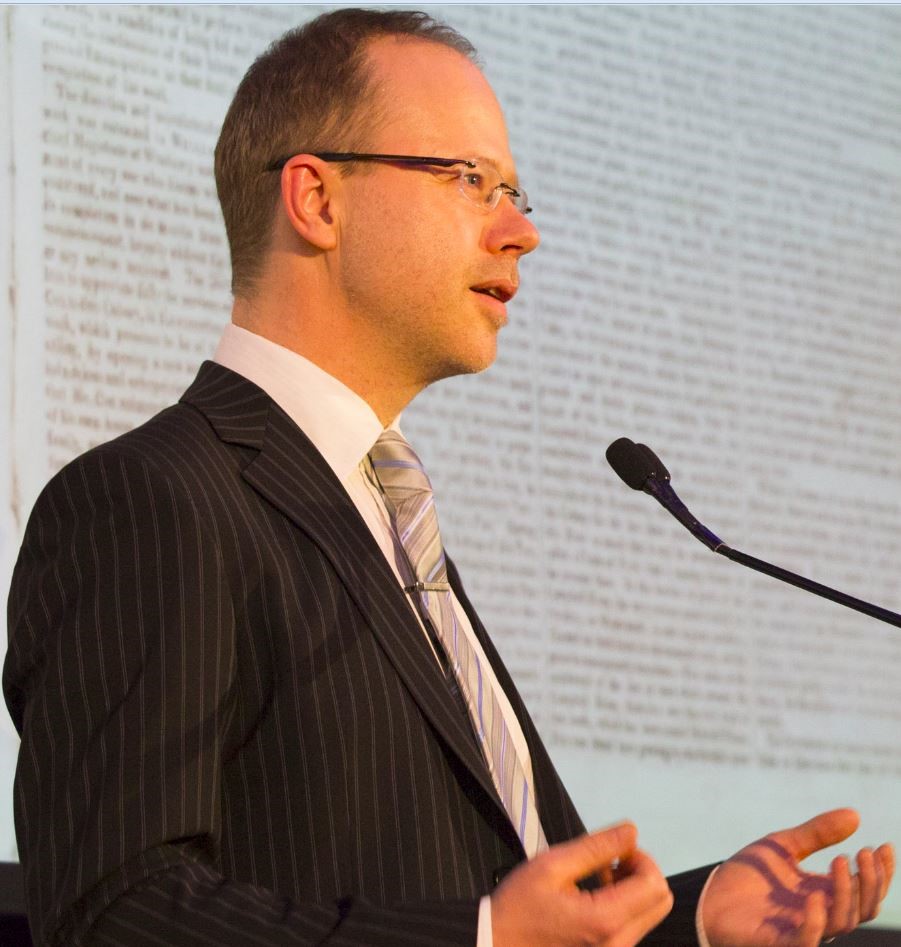Digital humanities has become an influential and widely adopted term only in the past decade. Beyond the rapid multiplication of associations, centres, conferences, journals, projects, blogs, and tweets frequently used to signal this emergence, if anything characterizes the field during this time it is a concern with definition. This focus is acknowledged and reflected, for instance, in Matthew Gold’s 2012 edited collection, Debates in Digital Humanities. The debates surveyed are overwhelmingly definitional: ‘As digital humanities has received increasing attention and newfound cachet, its discourse has grown introspective and self-reflexive’ (x). Questions that Gold identifies as central to and expressive of the emerging field include: Does one need to build or make things to be part of the digital humanities? ‘Does DH need theory? Does it have a politics? Is it accessible to all members of the profession’, or only those working at elite, well-funded institutions? ‘Can it save the humanities? The university?’ (xi).
The 2013 collection Defining Digital Humanities: A Reader (Terras et al. 2013) also reflects this focus, bringing together historical and contemporary readings on the act of defining digital humanities, many of which, not incidentally, are canonical in the field. Other areas of activity are equally self-reflexive, including the field’s various manifestos and the annual Day of Digital Humanities, where definitions are crowdsourced and participants are asked to document through text and image ‘what digital humanists really do’. Despite this long-standing preoccupation, no clear agreement on a definition has emerged beyond broad references to research, teaching, and technical innovation at the intersection of humanities and computing. And within this broad description, commentators emphasize different aspects of the intersection—historical, institutional, political, economic, or social—as the aims and scope of digital humanities continue to be debated.
[extract]
Arthur, Paul Longley, and Katherine Bode, eds. Advancing Digital Humanities: Research, Methods, Theories. Basingstoke, Hampshire: Palgrave Macmillan, 2014. ISBN 978-1-13733-699-6.






